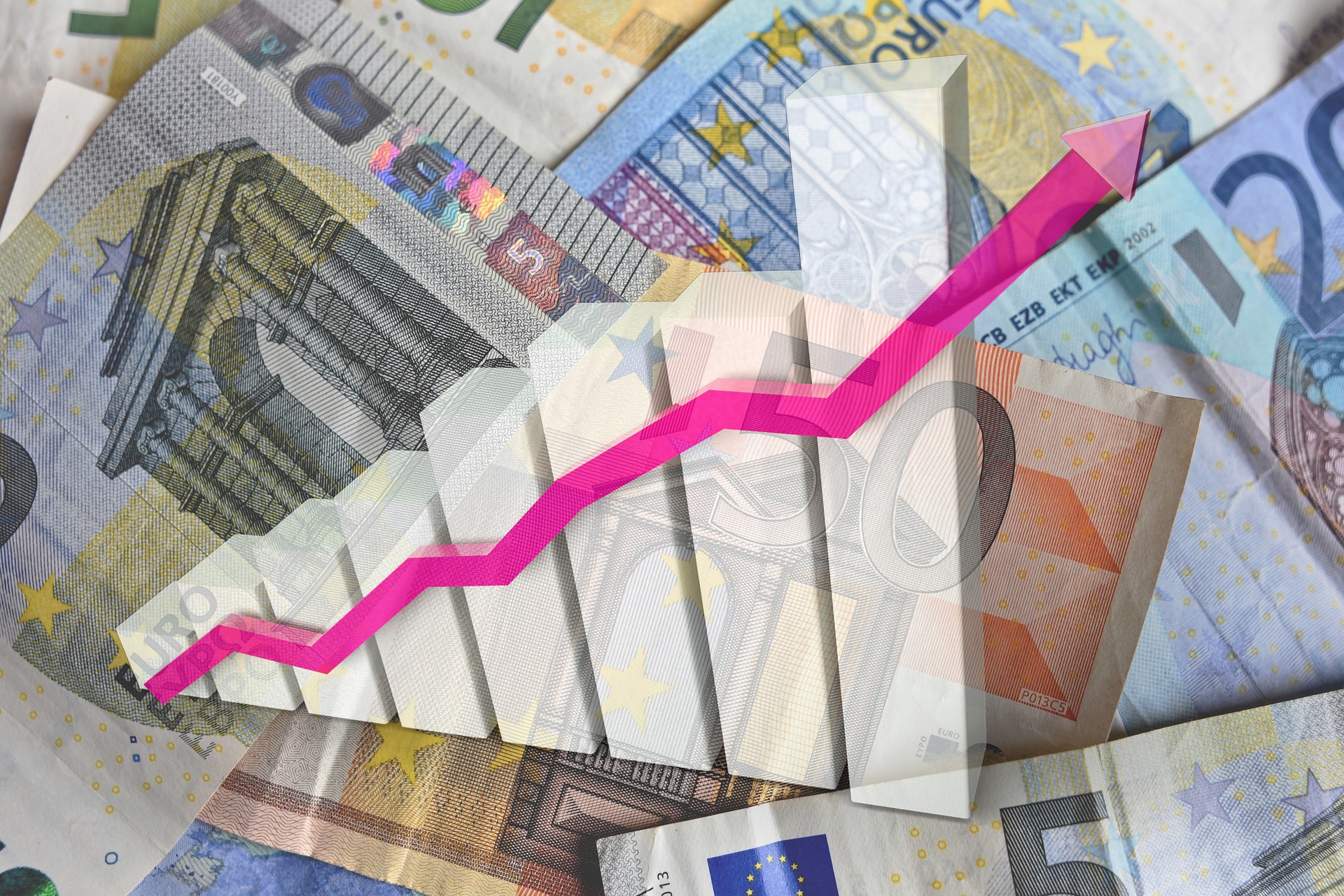
We are going to an overall increase of the minimum wage of 2% + 6% and a new minimum wage to 703 euros, according to the prevailing scenario for the second adjustment of the minimum wage, in 2022. The amount of the wage increase – which is expected to exceed Inflation – combined with measures to support households and businesses – is part of government intervention to tackle high prices.
Indicative of the government’s intentions, but also of the fact that the increase is now “locked” is the statement of Prime Minister K. Mitsotakis in the 1st OT FORUM that “the increase will not be negligible, it will be significant”.
Of particular importance is the Prime Minister’s reference to inflation that “because of this the conditions are different today, compared to those two months ago.”
However, the “distances” in the positions of the social partners are huge, while there are also “voices” that suggest self-restraint. One of them is the governor of the Bank of Greece, Mr. G. Stournaras, who was also present at the OT Forum, who stressed that “growth should be close to average inflation”.
The process of forming the new minimum wage is already “in the final stretch” with the deadline for its completion being set for April 15th. According to all indications, the new minimum wage will exceed 700 euros as the new increase – after 2% – which will take effect from May is expected to reach and may exceed 6%. The prevailing scenario for an additional increase of 6% – in addition to the 2% that was valid from 1.1.2022 – and setting the minimum at 703 euros from 663 euros. According to the scenario, the growth for 2022 – cumulatively – will “move” close to GDP growth, which was set at 8.3%.
The positions of the organizations
Meanwhile, an “abyss of ten percentage points” still divides the views of employers and employees on the level of the new minimum wage. The so-called “big employers’ organizations” – SEV and SETE – seem to be insisting on a maximum increase of 3% or 4%, while representatives of small and medium-sized enterprises have reservations about the impact of labor costs on the viability of their businesses.
At the same time, the General Confederation of Greek Workers-GSEE insists on restoring the minimum wage to 751 euros from 663 euros – a fact that corresponds to an increase of about 13% – that is, the “difference” between the two sides reaches 10%.
The Bank of Greece formulates the most restrained proposal with additional increases from 2.7% to 3.4%, citing “increased uncertainty due to international energy prices, rising inflation and the war crisis in Ukraine.”
While the Centre of Planning and Economic Research-KEPE estimates that the increase should not be too large, as this will put more burden on small businesses, as well as companies in specific sectors.
Fixed wages
Finally, it should be noted that in total the average wages in Greece have collapsed over the last decade – with official figures showing that 56% of employees are paid less than 900 euros (gross) and 63.6% with wages below 1,000 euros per month. These amounts are within the limits of the minimum wages including three year benefits and marriage allowance.
The wage collapse took place in 2012, with the second creditors’ memorandum imposing reductions in the minimum wage of 22% (from 751 to 583 euros) and 32% of the salary for young people under 25 (511 euros).
This was followed in a short period of time by the abolition of the retroactive effect, resulting in the collapse of the “pyramid of collective agreements”, on which the system of remuneration had been built. This fact shows that there can be no recovery of wages if the sectoral agreements do not recover.
Latest News

DM Dendias: We talk With Turkey But We Always Bring Up Their Unacceptable Positions
Second and last day of closely watched conference, entitled 'Metapolitefsi 1974-2024: 50 Years of Greek Foreign Policy', also included appearances by PM Mitsotakis, Ex-PM Tsipras and PASOK leader Nikos Androulakis, among others

Rhodes Airport Tops Fraport Greece’s Regional Airports in 2024 Performance
According to Fraport's data, more than 35 million passengers (specifically 35.2 million) were handled by Fraport-managed airports during the 11 months.

European Central Bank Cuts Interest Rates by 25 Basis Points
It is the fourth cut of interest rates by Europe’s central bank, a move expected by the markets and financial analysts leading to the rate settling at 3%.

Airbnb: New Measures Add €600 in Extra Costs for Property Owners
Property managers face an immediate administrative fine of 5,000 euros if access to the inspected property is denied or any of the specified requirements are not met.

Economist: Greece Included in the Best Performing Economies in 2024
Meanwhile, Northern European countries disappoint, with sluggish performances from the United Kingdom and Germany.

EasyJet Expands Its Routes from Athens
The airline’s two new routes will be to London Luton and Alicante and they will commence in summer 2025.

Capital Link Forum Highlights Greece’s Economic Resurgence; Honors BoG Gov Stournaras
Capital Link Hellenic Leadership Award recipient, Bank of Greece Gov. Yannis Stournaras, an ex-FinMin, was lauded for his pivotal role during Greece’s economic recovery

Tourist Spending in Greece Up by 14%, Visa Card Analysis Shows
Greece’s capital Athens emerged as the most popular destination, recording a 17% increase in transactions with Visa cards, surpassing even the cosmopolitan island of Mykonos.

Inflation in Greece Unchanged at 2.4% in Nov. 2024
The general consumer price index (CPI) posted a 0.4% decrease in November compared to the previous month

2024 Christmas Holidays: Extended Shop Hours Schedule
The 2024 Christmas Holidays extended shop hours schedule commences on Thursday, December 12 and runs until the end of the year.

![Φυσικό αέριο: Δυναμικό come back του LNG στην Ελλάδα [γραφήματα]](https://www.ot.gr/wp-content/uploads/2023/01/OT_naturalgas-90x90.jpeg)












![Fraport: Πάνω από 35 εκατ. επιβάτες στα αεροδρόμια το 11μηνο – Πτώση στη Μύκονο [πίνακας]](https://www.ot.gr/wp-content/uploads/2022/06/fraport-90x90.jpg)


















![Φυσικό αέριο: Δυναμικό come back του LNG στην Ελλάδα [γραφήματα]](https://www.ot.gr/wp-content/uploads/2023/01/OT_naturalgas-600x474.jpeg)








 Αριθμός Πιστοποίησης Μ.Η.Τ.232433
Αριθμός Πιστοποίησης Μ.Η.Τ.232433